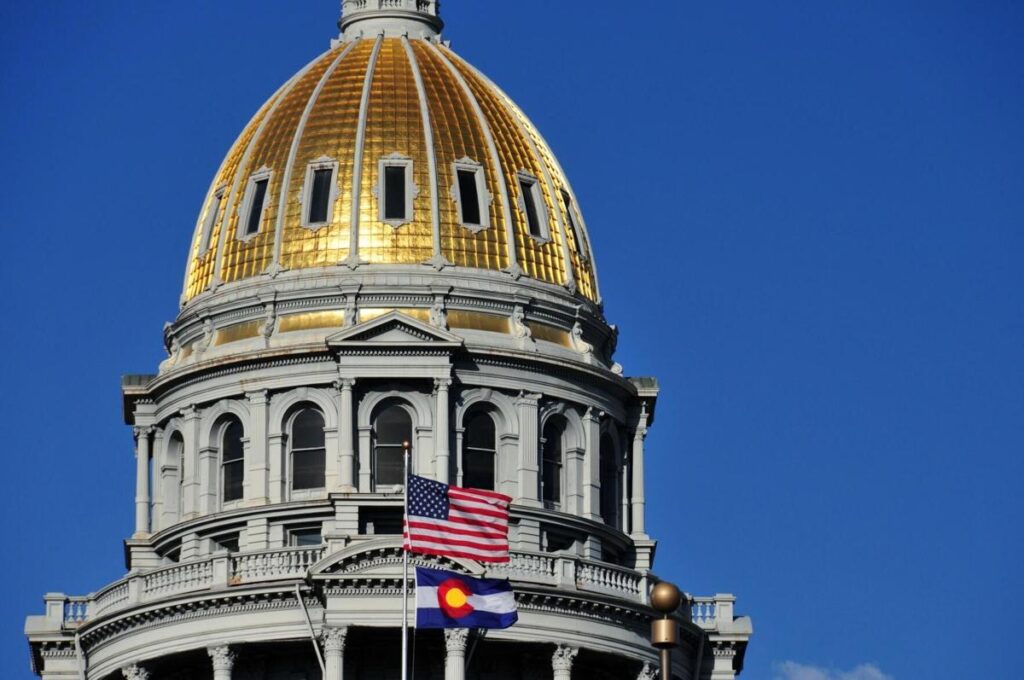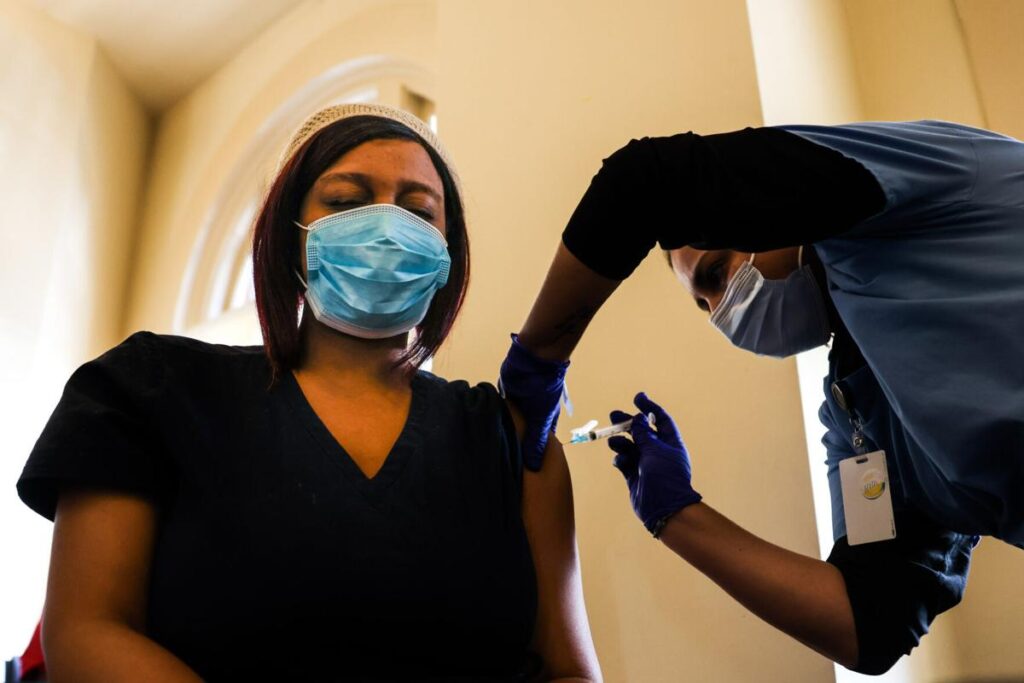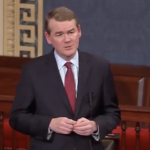New Colorado law gives patients more transparency on medical fees

A new law that took effect this month means Colorado is joining states trying to force hospitals to reveal their fees before treatment.
The law requires hospitals and doctors to publicly post their self-pay rates for common treatments, which often refers to publishing them on websites.
The General Assembly was trying to control medical costs by giving consumers options for comparison shopping. Other states that have adopted laws to encourage transparency sometimes have run into lawsuits from hospitals and doctors.
No lawsuits have been filed in Colorado yet, but healthcare workers say the Transparency in Health Care Prices Act presents them with an additional regulatory burden.
“While it has been challenging for some, all hospitals are supportive of the law’s intent to improve transparency,” said Cara Welch, spokesperson for the Colorado Hospital Association. “For rural hospitals without the support of a larger health care system that has more resources, implementation may have been more difficult.”
Hospitals must post the self-pay prices for the 50 most common treatments for diagnosed illnesses and the 25 most common therapies that use “procedural” technology.
The prices can be listed as either the most frequent charge over the past year for each treatment, a range of charges from highest to lowest or the most expensive charge from among the lowest half.
The law is only slightly different for what it calls “health care providers,” which means physicians in solo practice, a medical group, an independent practice association or professional corporation.
They must post their prices for 15 common treatments, assuming they perform them for patients.
Dan Weaver, spokesman for UC Health, which operates nine Colorado hospitals and about 100 health clinics, said it was important to understand the prices posted on their website were exclusively for self-pay patients.
Only about 7 percent of Colorado’s population lacks health insurance, according to the Colorado Health Institute.Prices for insured patients can differ, depending on a hospital’s contract with an insurance company.
“Because of the complexity of pricing, it’s possible the self-pay prices we have posted on our website might increase confusion,” Weaver said. “Patients who have insurance coverage, Medicaid or Medicare will have very different out-of-pocket responsibilities. A patient’s deductible, coinsurance and copayment amounts will determine what his or her responsibility will be.”
The Transparency in Health Care Prices Act was introduced by Sen. Kevin Lundberg, R-Larimer County, and signed into law last April.
“Coloradans have a tough enough time navigating the complicated structure of our broken health care system without worrying about hidden health care costs,” Lundberg said in a statement.
The new law is one of several health care transparency regulations or practices in Colorado. Others include:
In addition, information on health insurance claims is available to consumers through the All-Payer Claims Database at the Center for Improving Value in Health Care in Denver.
Nebraska has enacted similar legislation that requires hospitals to give patients a list of their average fees. Patients in Massachusetts must be given an estimate of their bill if they request it within two days after they are admitted.
Hospitals in New Hampshire operate websites that list their fees.
Ohio’s health care transparency law has run into some of the greatest controversy. It requires doctors and hospitals to give patients good faith estimates of fees for non-emergency services before treatment.
The Ohio Hospital Association has blocked the law from taking effect so far by getting an injunction against it. The hospitals argue the Healthcare Price Transparency Law would slow patient care.














